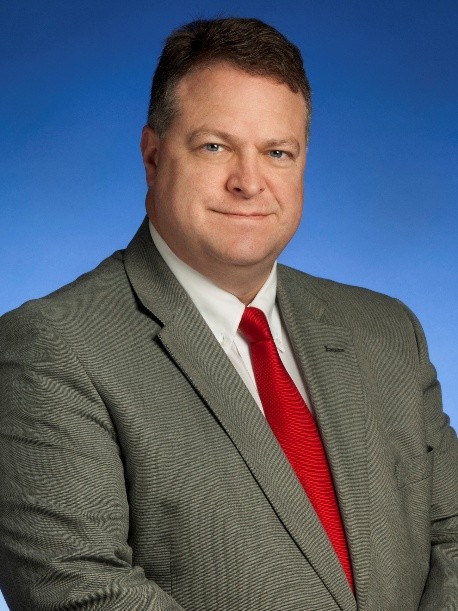Blog Posts
By: Dr. Ken
What is Homeland Security and how did it get its start?
In the United States, Homeland Security as we know it today resulted from the events of September 11, 2001. Prior to 9/11, homeland security was an intersection of many different government agencies with major overlap of responsibility, all operating without much oversight, control, or cooperation. This, in part, contributed to the security and intelligence failures that resulted in the attacks on the World Trade Towers, the Pentagon, and the crash of Flight 93 in Pennsylvania which in turn led to the establishment of a new position for a Director of National Intelligence and the Department of Homeland Security. Both the director position and the department were created to ensure better management of the different intelligence and security agencies within the United States Government.
The position of Director of National Intelligence is meant to have all the nation’s intelligence agencies—the Central Intelligence Agency, National Security Agency, Defense Intelligence Agency--under one umbrella so as to better manage intelligence gathering. The role of the Department of Homeland Security is to combine the Federal Emergency Management Agency, the United States Coast Guard, and the Boarder and Customs Agency under one central command system.
Where are we today?
It goes mostly without saying that 9/11 changed everything. When we travel, we now have to allow extra time to clear security as a result of multiple screenings that equate to long lines and extended clearance protocols. To travel in the first place, we need to have new enhanced picture I.D and government agencies and airport security monitor no fly lists—these are all changes that have occurred as a result of 9/11. The Department of Homeland Security plays a central role in orchestrating these enhanced security systems. And, for the average traveler, though these systems extend travel time and cause hassles and stress, the efforts have thwarted several terrorist attacks against the United States. However, the radicalization of international groups and states continues and the threat of terrorist attack—now both cyber or physical—is an ongoing concern.
What will be the future?
Like the genie that we cannot get back in the bottle, we cannot return to the pre 9/11 days. With conflicts continuing in the Middle East and beyond, the Department of Homeland Security continues a diligent watch over safeguarding American citizens and institutions. With more and more people traveling both domestically and internationally and with AI driven applications posing multiple cyber security threats, we know that Homeland Security will continue to play an important part in the safekeeping the US nation. And, as a result, we also know that Homeland Security career opportunities will continue to expand in coming decades and that individuals interested in careers in homeland security will have multiple entry points and choices.
To meet this need, MEG is expanding its professional development certificates and advanced training offerings in homeland security. One of my main goals as head of the emergency services and homeland security offerings at Madison School of Professional Development is to ensure pathways to exciting careers in homeland security and emergency management services. Our safety as citizens may just depend on it!
Dr. Ken has over 29 years experience
in the Unites States Army; holds Secret Security Clearance, has earned a Doctorate
in Business and a Masters in Homeland Security, and is an unbelievable cook!
 January 06, 2025Dr. Kelly Lancaster Appointed EVP Administration
January 06, 2025Dr. Kelly Lancaster Appointed EVP Administration